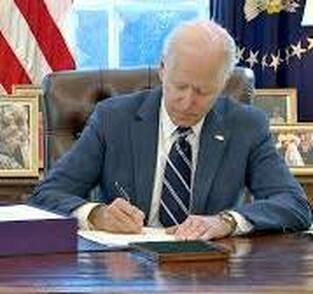|
Former President Donald Trump is planning an extreme expansion of his first-term crackdown on immigration if he returns to power in 2025 — including preparing to round up people living in the United States without legal permission on a vast scale and detain them in sprawling camps while they wait to be expelled.
0 Comments
Donald Trump and his allies have begun mapping out specific plans for using the federal government to punish critics and opponents should he win a second term, with the former president naming individuals he wants to investigate or prosecute and his associates drafting plans to potentially invoke the Insurrection Act on his first day in office to allow him to deploy the military against civil demonstrations.
The Earth just endured its hottest 12 months in the modern era, and probably the hottest in 125,000 years, according to an analysis published Thursday.
|
Archives
July 2024
|





 RSS Feed
RSS Feed